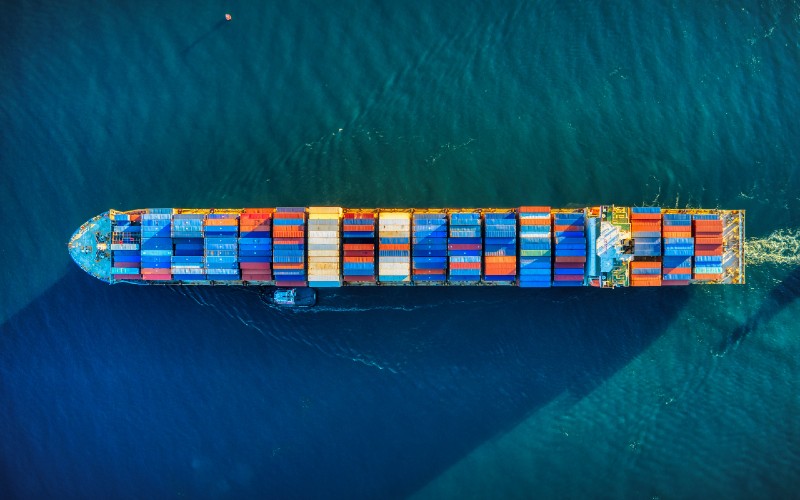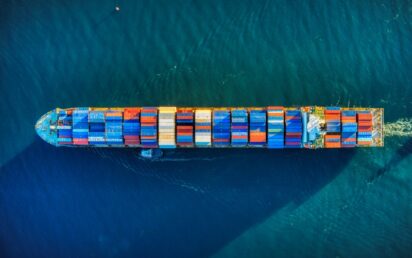The technological advancements in transportation have affected shipping as well as other forms of conveyance. Although it must be said that these developments are in their early stages in the shipping industry. Eventually a greater variety and volume of maritime careers will become accessible as openings arise in the new areas of expertise afforded by these improvements.
Shipping has its own specialist requirements, particularly when considering guidance systems, that are based, to some extent, on patterns used by intelligence gained by road-based transportation developments. This is achieved by contrasting the similarities and differences between vehicles and ships. Using the results from these tests, prototypes can be created, allowing new intelligent guidance systems to be observed in action. This essential area of safety in ship navigation, can be monitored and, as a result, be implemented in ship design.
Automatic route optimization is important for ship operators and the countries that implement restrictions due to commercial and military activities in designated areas. Therefore, routes can be carefully planned and put into use. The intelligence currently available works in conjunction with the changing nature of industrial and ecological demands in a developing world. Maritime careers are similarly changing since new demands are being placed on shipping operators.
Within the United Kingdom, the Maritime and Coastguard Agency is spearheading the Clean Maritime Demonstration Competition, which is a government-funded competition designed to deliver net-zero emissions in the maritime sector. Innovative UK are delivering on behalf of the UK Government, the UK SHORE (UK Shipping Office For Reducing Emissions) initiative, where each iteration of the scheme awards funds in areas of green technology, rewarding developments in the reduction of carbonisation and offering benefits to those companies making use of new skills, now needed by the industry.
In April 2025, £30 million was made available during round 6 of the competition. UK organisations can bid for a share of this pot, designed to reward the development of innovative, clean, maritime technologies and skills. Previously projects such as in implementation of new fuels, namely hydrogen and ammonia, have been funded by the CMDC. Other projects including electrification of vessels, and efficient use of energy consumption have also won awards. Also supporting The Clydebank Declaration, feasibility studies promoting initiatives such as UK green shipping corridors have been looked at.
A prominent idea recently developed is a 20m wing sail. It is operated autonomously and is designed to reduce energy demand and fuel consumption, while cutting costs, CO2 emissions and helping UK decarbonisation efforts. This decarbonisation is a central plank for the UK and International Shipping’s plans for the future of the industry.
The future of shipping may lay in the realms of smart ships, where guidance is run by technological means. These are already being mooted by some of the large operators including China, Japan and the US, not forgetting the Republic of Korea and Germany. Self-piloting cargo ships, operate without a crew on board. They use new technologies such as AI, self-learning systems and sensors, to chart routes, navigate obstacles and perform other tasks, such as predicting potential problems.


